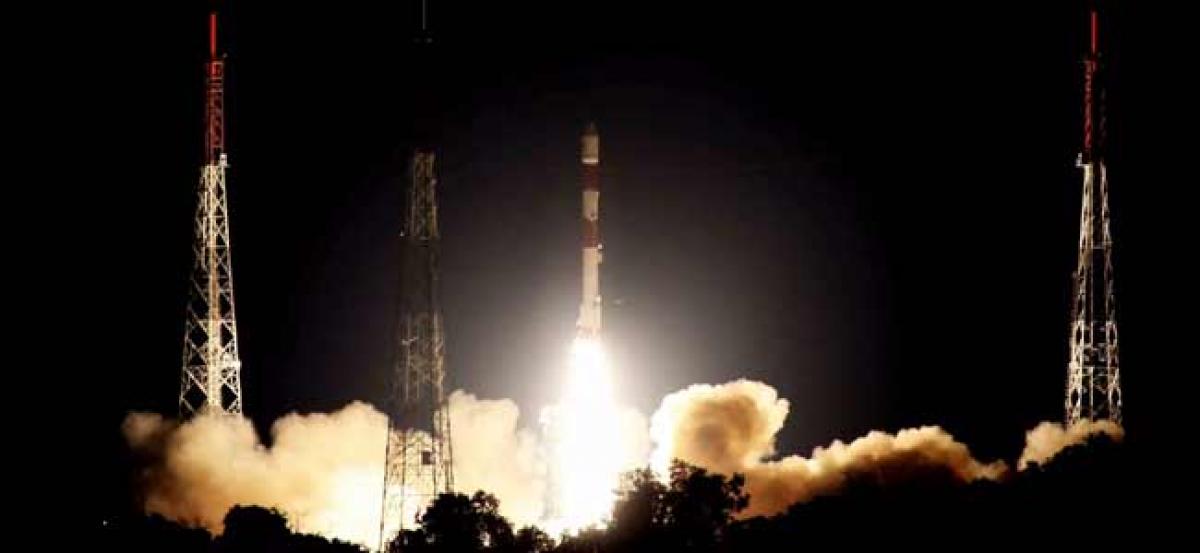Live
- Toyota Kirloskar Motor Celebrates “Namma Kannada Habba 2024” Japanese CEO Wins Hearts with Fluent Kannada
- India turning into world’s Deep Tech Hub as reforms reverse brain drain: Hardeep Singh Puri
- Two killed in separate bomb blasts in Pakistan
- Woman postmaster refuses to bribe senior, gets him booked by CBI
- Three killed in violence over mosque survey in UP’s Sambhal
- One killed, four injured in hand grenade explosion in southern Croatia
- IPL 2024 Auctions: Heartening to see almost every team showing interest in Yuzi, says childhood friend Piyush
- 15 killed, 20 injured in alleged paramilitary attack in Sudan
- Drugs valued at Rs 16 cr seized in Tripura
- Manipur violence: Assam Police mount 24x7 vigil along inter-state border









